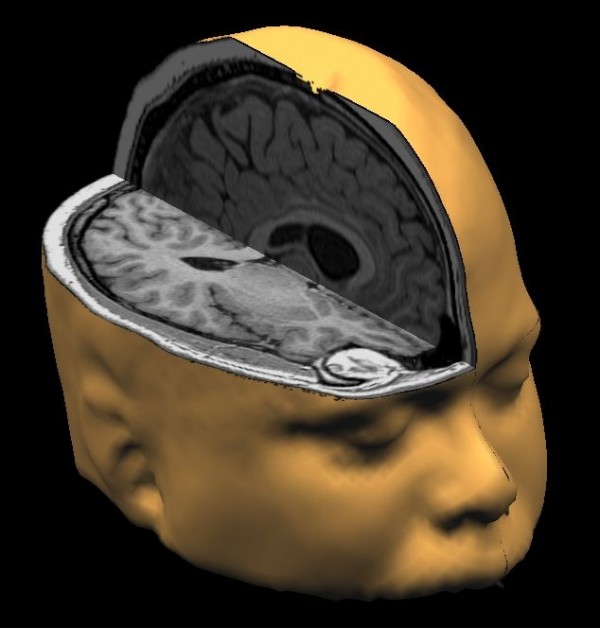
Image: Digital Shotgun/Flickr
This is a guest post by Mary Lamia, Ph.D.
Your emotional system can give you an advantage in your decision-making if you make proper use of it.
Your emotions will drive the decisions you make today, and your success may depend upon your ability to understand and interpret them.
Many people think of their emotions as something they have to manage or control rather than something upon which they could capitalize.
When an emotion is triggered in your brain, your nervous systems responds by creating feelings in your body, and certain thoughts in your mind–what many people refer to as a gut feeling.
Emotions attempt to tell you if a situation is optimal or not aligned with your goal, and how you might approach it. For example, imagine that you are negotiating a contract and begin to get anxious.
You can be disrupted by your anxiety or you can take a look at it: Are you being trapped? Does the other person remind your emotional brain of someone in the past who took advantage of you? Is this person doing the same thing or is it just a particular mannerism he has that triggered your anxious response? Is your anxious response a reaction to the other person or to yourself, such as your fear of success or failure?
Emotions have tremendous action potential. Yet the drive that emotions provide, particularly in the workplace, is sometimes seen as stress related to task completion, time management, or productivity, rather than a potential for decisive action.
Consider, for example, how people respond differently in their approach to completing a project. For some people, a project will trigger anxiety until it is completed. But for others, that same project will not trigger anxiety until the deadline for completion is near; that is, the deadline creates anxiety that serves to motivate action. For this latter group a deadline is necessary to trigger the anxiety that fuels action.
An emotionally intelligent manager would recognize that deadlines have the potential to motivate their direct reports in different ways. Thus, whether an employee completes a task early on (because getting rid of task anxiety motivates them) or at the deadline (because deadline anxiety motivates them), is less important than evaluating outcome. Recognizing how emotions affect your own motivational style can help you more consciously make decisions and pursue your goals.
Official bio: Dr. Mary Lamia is the author of Understanding Myself: A Kid’s Guide to Intense Emotions and Strong Feelings (American Psychological Association/Magination Press) and The White Knight Syndrome: Rescuing Yourself From Your Need to Rescue Others (New Harbinger). She also blogs for Psychology Today, view her latest Intense Emotions and Strong Feelings posts here.
